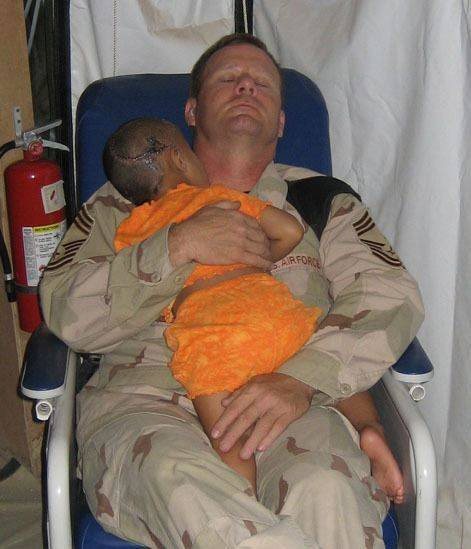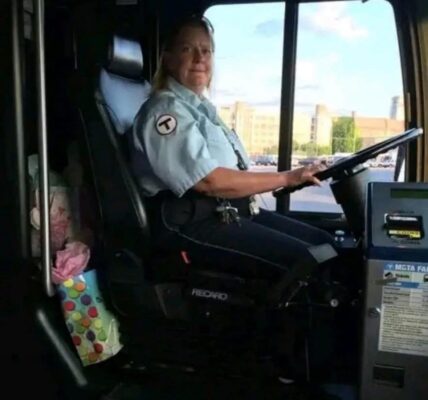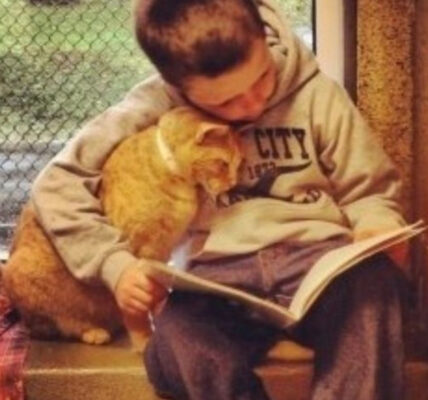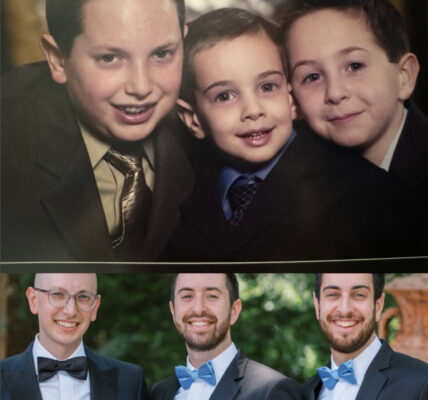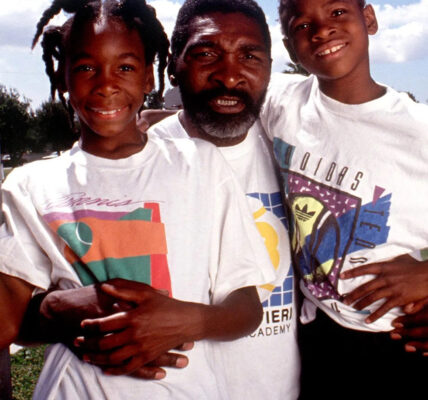In 2010, amid the dust, devastation, and chaos of war-torn Iraq, a moment of silent, stubborn love unfolded in a dim hospital room—far from the noise of gunfire and the roar of helicopters. It was the kind of story that never makes headlines, but leaves a permanent imprint on the soul.

John Gebhardt, a U.S. Air Force medic, had seen his share of suffering. He had patched wounds, delivered bad news, and held hands through unbearable pain. But nothing could prepare him for the little girl brought into the military hospital one day.
She was just a child. No more than 6 or 7. Her body was broken, but not as broken as her spirit. Insurgents had stormed her home. They killed her mother, her father, her siblings—everyone she loved. They didn’t intend to leave witnesses. So they shot her too. In the head.
But somehow, impossibly, she survived.
The trauma she carried was unspeakable. The hospital staff did what they could for her wounds. But there were no bandages for the sounds she’d heard. No medicine for the images that haunted her eyes.
And every night, she cried.
Not loud. Not wild. Just the quiet moan of someone whose world had been ripped away. Nurses tried to comfort her, but nothing helped. Until John walked into the room.
She didn’t know his name. She didn’t know the language. But something in him made her exhale—just slightly. He sat beside her bed. He whispered calm things she couldn’t understand, but his tone told her she was safe.
That night, she fell asleep in his arms.
And so, John kept coming back.
For four nights, he cradled this wounded child in a place where tenderness had become rare. He stayed with her until she could sleep. Until the nightmares faded just enough. Until her body—so small against his chest—could rest without trembling.
There were no cameras. No speeches. Just a man holding a child who had lost everything.
John didn’t do it for recognition. He did it because in a world on fire, he still believed in kindness. He believed that even when nations rage and the world seems to lose its soul, a human being can still choose love.
And that love? It matters.
That little girl survived her injuries. Her road to healing—both physical and emotional—was long. But she didn’t walk it alone. Because for four unforgettable nights, someone showed her that compassion didn’t die with her family.
That someone held her as if she were his own.
John Gebhardt may have worn a uniform and carried a weapon. But in that moment, he was not a soldier of war. He was a soldier of peace. Of mercy. Of humanity.
And in a land of smoke and sorrow, he gave the world something sacred:
Hope.
